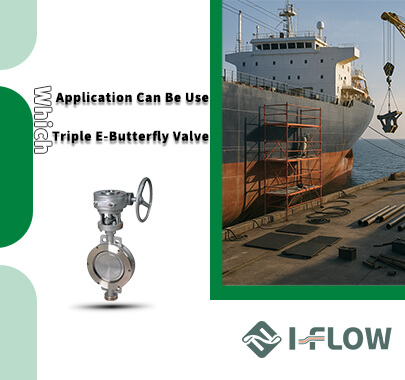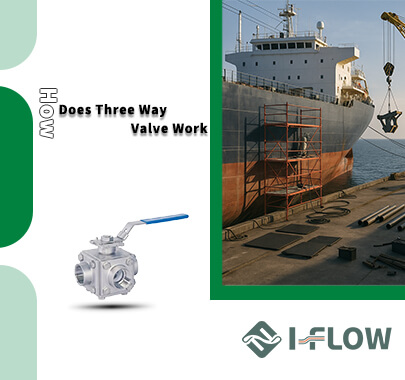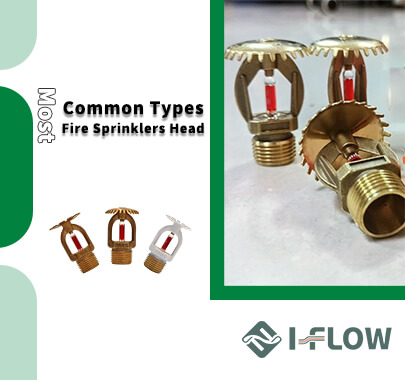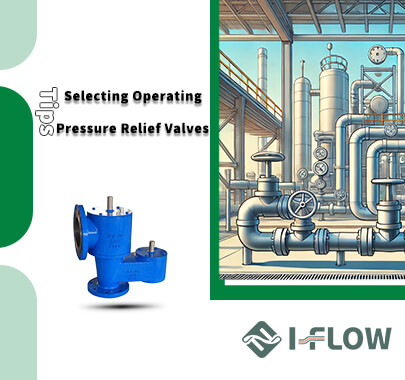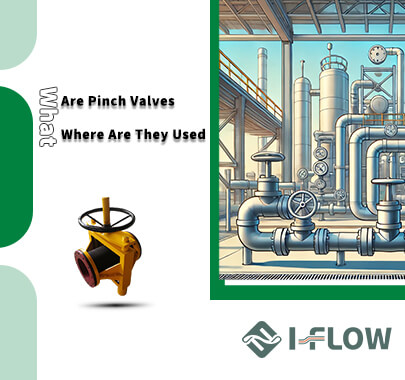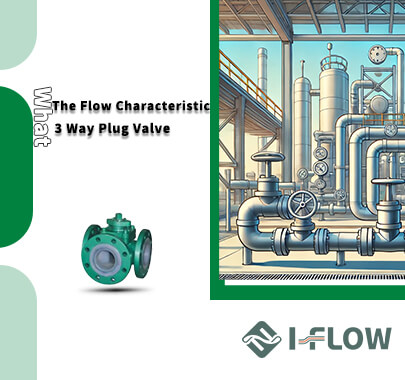
I-Flow's Silicone-free Valves
I-Flow's silicone-free valves be assembled, cleaned, packed and tested in our dust-free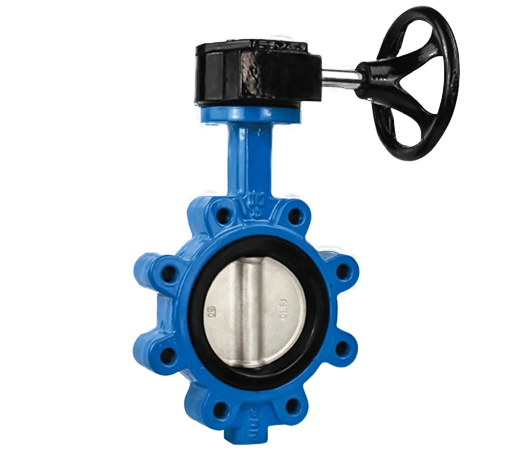 workshop. Our cutting-edge facility employs a rigorous three-stage chemical cleaning procedure, which includes the use of ultrasonic cleaning tanks, to guarantee the complete absence of silicone residues on all valve components. Subsequently, the valves are thoroughly dried and securely packaged in silicone-free enclosure to prevent any potential contamination. Moreover, we apply a non-silicone lubricant to our ball valves and butterfly valves, ensuring their efficient and trouble-free operation throughout the entire lifespan of your system. With our advanced technology and dedication to quality, I-Flow delivers silicone-free valves, providing you with a worry-free solution for your specific needs.
workshop. Our cutting-edge facility employs a rigorous three-stage chemical cleaning procedure, which includes the use of ultrasonic cleaning tanks, to guarantee the complete absence of silicone residues on all valve components. Subsequently, the valves are thoroughly dried and securely packaged in silicone-free enclosure to prevent any potential contamination. Moreover, we apply a non-silicone lubricant to our ball valves and butterfly valves, ensuring their efficient and trouble-free operation throughout the entire lifespan of your system. With our advanced technology and dedication to quality, I-Flow delivers silicone-free valves, providing you with a worry-free solution for your specific needs.
Why Silicone Free?
Silicone-free valves are designed for applications where silicone contamination is a concern or could impact valve and system performance. These valves use materials without silicone compounds or have undergone special treatment to eliminate silicone traces. Benefits include preventing surface defects (cratering or fish eyes), reducing production costs by avoiding additional processes, ensuring strong adhesion in critical industries, meeting standards, avoiding cross-contamination, and ensuring maintainability. Using silicone-free valves ensures fluid purity, compatibility, reliability, and regulatory compliance across various industries and applications.
concern or could impact valve and system performance. These valves use materials without silicone compounds or have undergone special treatment to eliminate silicone traces. Benefits include preventing surface defects (cratering or fish eyes), reducing production costs by avoiding additional processes, ensuring strong adhesion in critical industries, meeting standards, avoiding cross-contamination, and ensuring maintainability. Using silicone-free valves ensures fluid purity, compatibility, reliability, and regulatory compliance across various industries and applications.

Our Products
I-Flow's butterfly valve, stainless steel ball valve and other valve series be silicone free making them the perfect choice for the automotive, paint industries, etc. As they eliminate contaminants and the resulting finish imperfections.
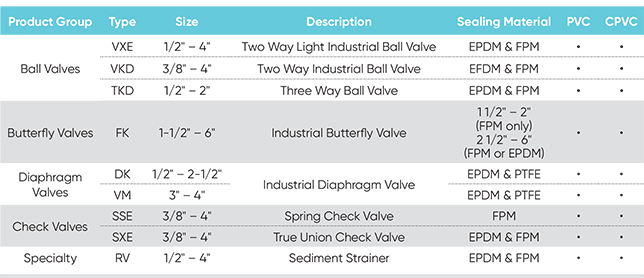
Note:Additional valves are available, please visit https://www.iflowvalves.com/pro/industry for more information
I-Flow is a professional manufacturing company dedicated to provide customized solutions for our customers. If our existing products cannot meet your specific requirements, please feel free to contact us(owen.wang@qdiflow.com).
Application
Automotive: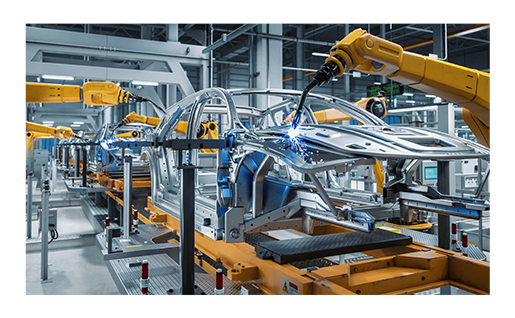
In automotive paint and coating applications, silicone-free valves are crucial to prevent defects caused by silicone contamination. These valves maintain the performance of critical automotive systems, avoiding issues with adhesion and appearance, especially in silicone-sensitive fluids like fuel, hydraulics, and brake lines.
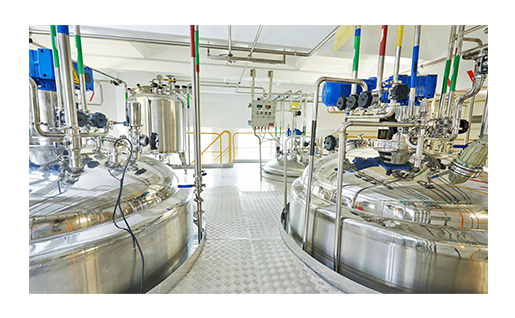 Pharmaceutical:
Pharmaceutical:
I-Flow's stainless steel products, known for their high corrosion resistance and low leaching characteristics, are exceptionally suitable for the pharmaceutical industry. The pharmaceutical production process often involves conveying pressurized fluids, where Iflow's Silicone Free products are rigorously tested to ensure the highest purity and reliability standards.
Food and Beverage: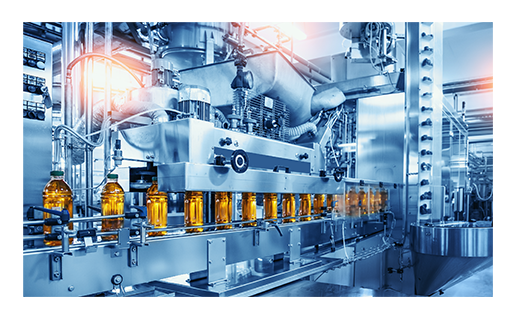
Silicone-based valves can potentially contaminate food products, particularly in specialty food production. Silicone residues or particles can affect the taste, texture, and quality of the final product. Silicone-free valves eliminate this risk and help maintain the integrity and purity of food products while remaining cost-competitive.
 Semiconductor Industry :
Semiconductor Industry :
Silicone can react with certain chemicals used in the semiconductor fabrication process, potentially leading to product failures or yield issues. Silicone-free valves, made from materials such as stainless steel or high-performance polymers, provide better chemical compatibility and ensure that there are no adverse reactions or contamination risks.
Quality Assurance
Ensuring the quality of silicone-free valve manufacturing involves rigorous measures to guarantee the performance, reliability, and silicone-free characteristics of the products.iFlow ensures the quality of silicone-free valves in the following aspects:

Material Selection: Using high-quality, corrosion-resistant materials to ensure the valves' durability and performance. Materials must adhere to relevant standards and specifications.

Manufacturing Processes: Employing precise manufacturing processes, including molding, machining, assembly, and coating. Ensuring each valve meets specifications without any defects.

Quality Control: Implementing strict quality control procedures, including inspections, testing, and validation. This encompasses various aspects such as coating quality, sealing performance, and valve operation.

Clean Production Environment: Valve manufacturing must take place in a dust-free or low-dust environment to prevent contamination by silicone oil or other pollutants. Clean production facilities adhere to relevant cleanroom standards.

Coating Control: If valves require special coatings, ensuring that coatings are even, durable, and silicone-free. The quality of coatings needs to be validated.

We are committed to delivering dependable solutions in silicone-free valve manufacturing through meticulous material selection and exceptional quality assurance. For inquiries about our products and services, please contact us at (owen.wang@qdiflow.com). We eagerly anticipate the opportunity to collaborate with you.

.png)
 en |
en |









 workshop. Our cutting-edge facility employs a rigorous three-stage chemical cleaning procedure, which includes the use of ultrasonic cleaning tanks, to guarantee the complete absence of silicone residues on all valve components. Subsequently, the valves are thoroughly dried and securely packaged in silicone-free enclosure to prevent any potential contamination. Moreover, we apply a non-silicone lubricant to our ball valves and butterfly valves, ensuring their efficient and trouble-free operation throughout the entire lifespan of your system. With our advanced technology and dedication to quality, I-Flow delivers silicone-free valves, providing you with a worry-free solution for your specific needs.
workshop. Our cutting-edge facility employs a rigorous three-stage chemical cleaning procedure, which includes the use of ultrasonic cleaning tanks, to guarantee the complete absence of silicone residues on all valve components. Subsequently, the valves are thoroughly dried and securely packaged in silicone-free enclosure to prevent any potential contamination. Moreover, we apply a non-silicone lubricant to our ball valves and butterfly valves, ensuring their efficient and trouble-free operation throughout the entire lifespan of your system. With our advanced technology and dedication to quality, I-Flow delivers silicone-free valves, providing you with a worry-free solution for your specific needs. concern or could impact valve and system performance. These valves use materials without silicone compounds or have undergone special treatment to eliminate silicone traces. Benefits include preventing surface defects (cratering or fish eyes), reducing production costs by avoiding additional processes, ensuring strong adhesion in critical industries, meeting standards, avoiding cross-contamination, and ensuring maintainability. Using silicone-free valves ensures fluid purity, compatibility, reliability, and regulatory compliance across various industries and applications.
concern or could impact valve and system performance. These valves use materials without silicone compounds or have undergone special treatment to eliminate silicone traces. Benefits include preventing surface defects (cratering or fish eyes), reducing production costs by avoiding additional processes, ensuring strong adhesion in critical industries, meeting standards, avoiding cross-contamination, and ensuring maintainability. Using silicone-free valves ensures fluid purity, compatibility, reliability, and regulatory compliance across various industries and applications.












